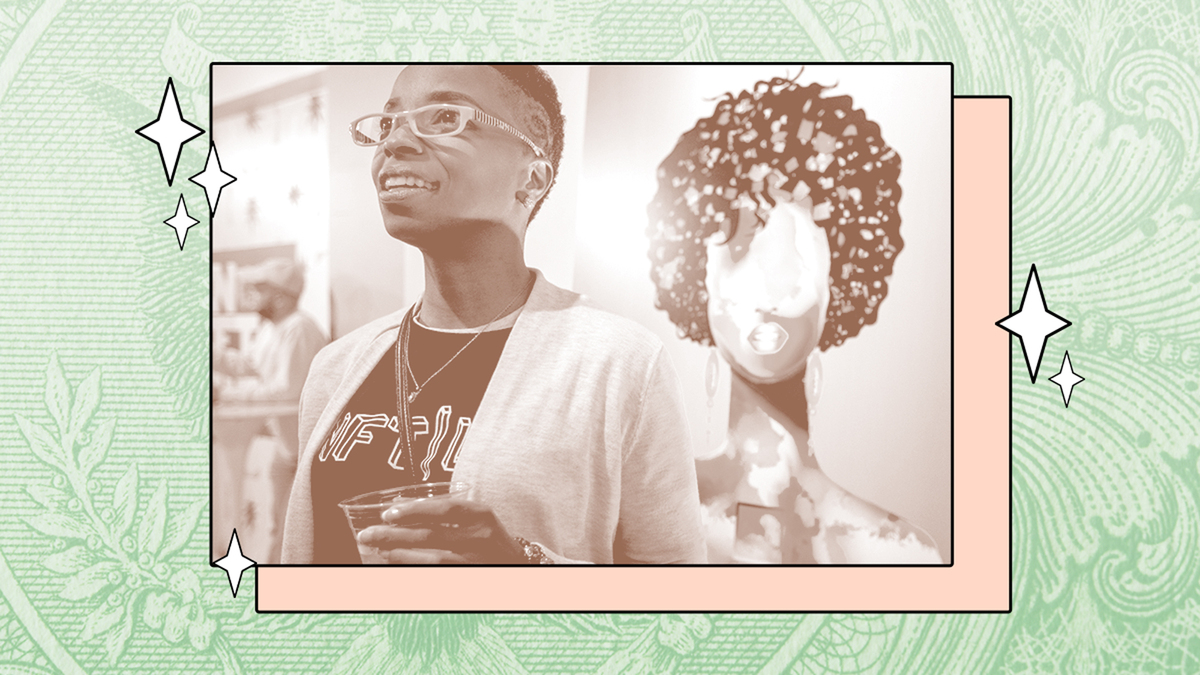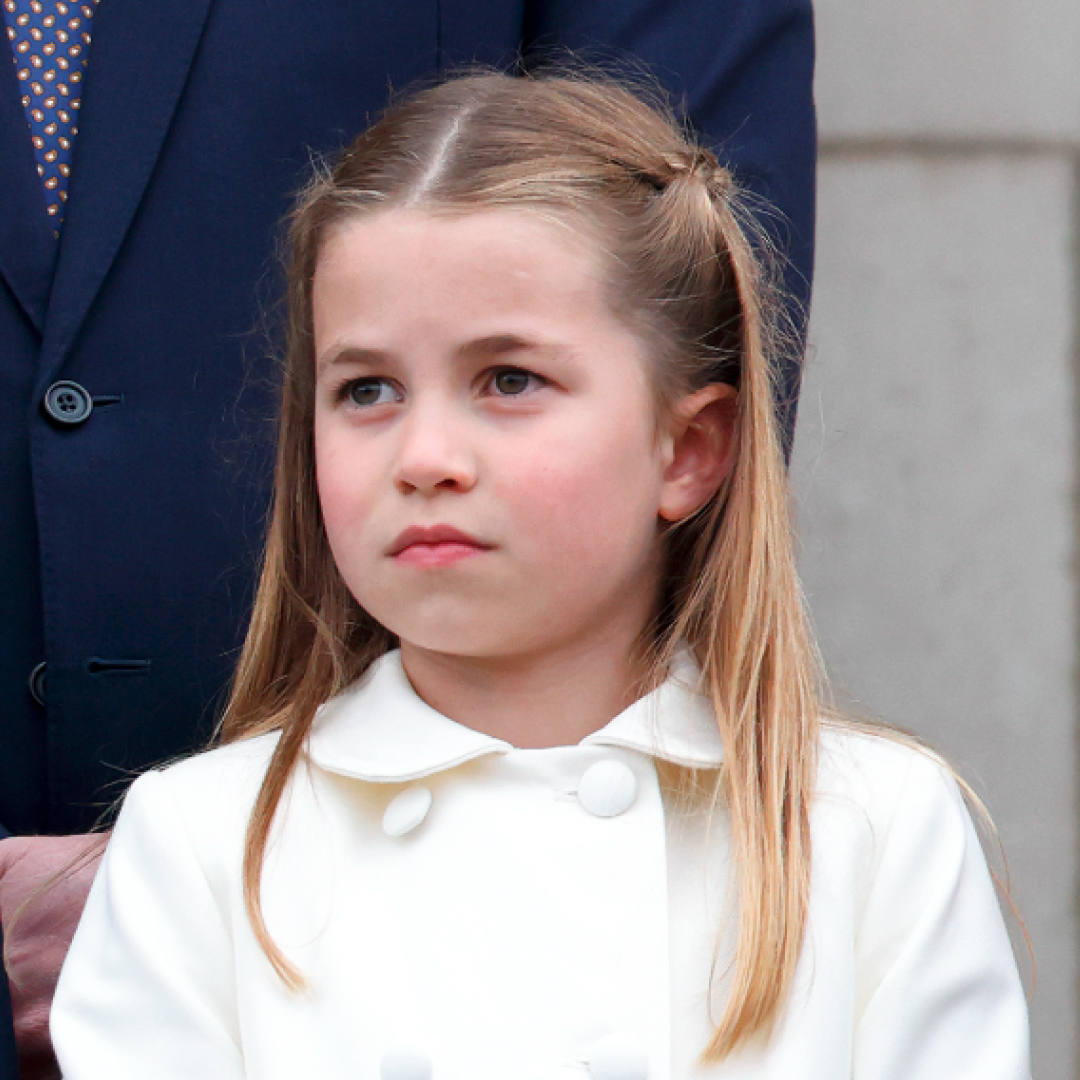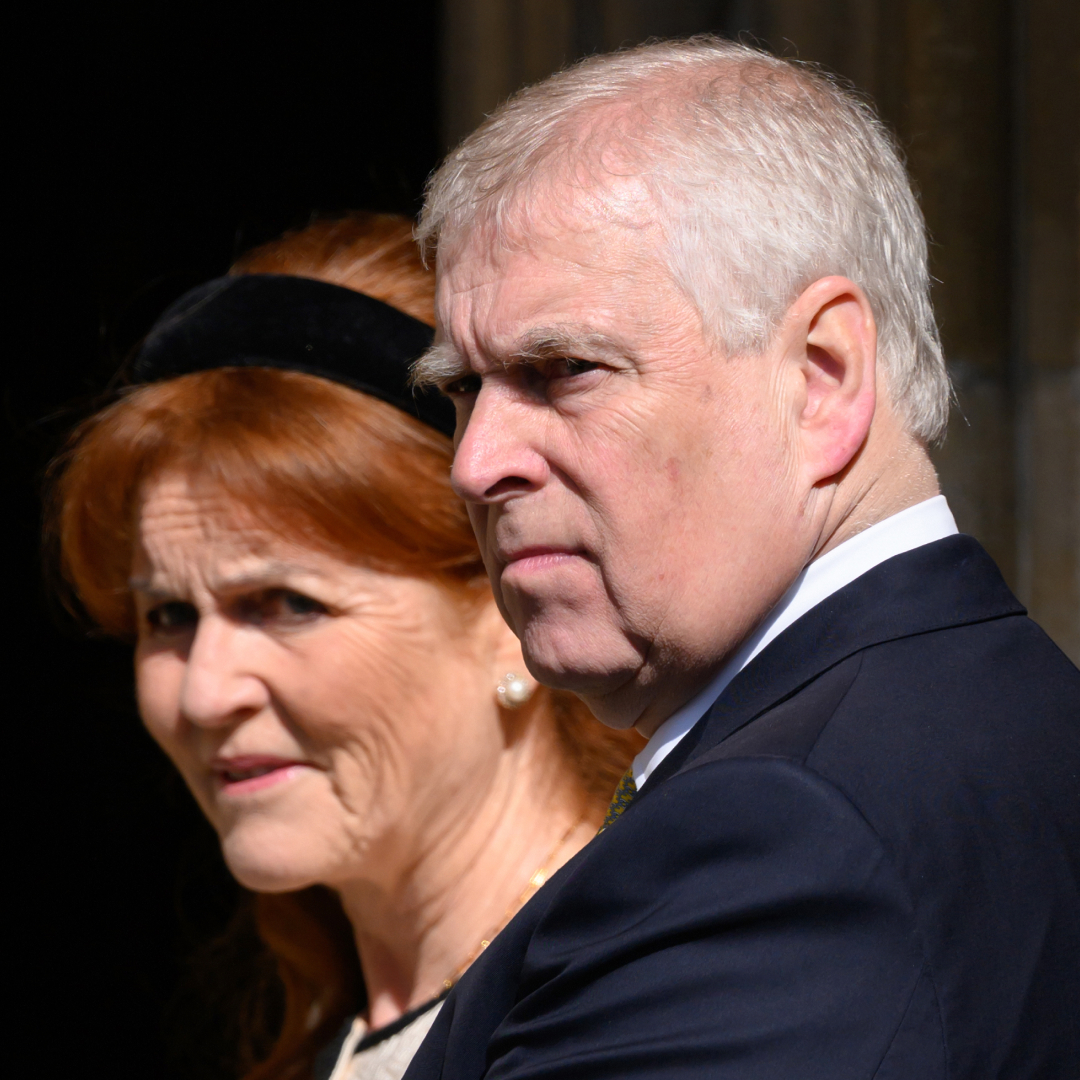What Are NFTS — and Should You Buy Them?
NFTs offer more substance than just a profile picture, and can provide benefits for creators, brands, and consumers. But know the risks and whether you're in the right place to invest.


You may think an NFT is a .jpg image or digital art. (Or you may think NFTs aren’t really anything, depending on what you've heard.) But NFTs offer more substance than just a profile picture and can provide major benefits for creators, brands, and consumers. We’re demystifying NFTs and breaking down how you can benefit from the space—and showing you how to get started if you’d like to learn more and join the NFT community. But you must be aware of all the risks before taking on this alternative investment.
What's an NFT?
NFT stands for non-fungible token. An NFT is not a cryptocurrency, but, like cryptocurrencies, uses blockchain technology to assign ownership to digital (and physical) assets. Think of NFTs and cryptocurrencies as trains that run on a track (the blockchain). The blockchain provides the security and infrastructure that keeps the trains—NFTs and cryptocurrency—safe, without needing to be governed by a central figure or bank.
What makes NFTs special is that each NFT carries a unique numerical identifier, which allows for the tokenizing of real-world items. (That means the ability to securely buy, sell, and trade assets on the blockchain.)
Let’s break it down. If you purchase a film on Amazon Prime, you can only access that film on the Amazon Prime platform. You don’t "own" that film; you merely have permission to access it. However, if you purchase a film as an NFT, you have complete ownership of that file—without needing access to the platform you purchased it from. Your ownership of that file cannot be disputed, removed, or cancelled.
What are the advantages and disadvantages of NFTs?
NFTs are a blockchain-based tool that allow digital ownership for the first time in our lifetime. Digital ownership means that we can access, use, and share our funds, data, digital files, collectibles, and more without needing a third party. NFTs offer the ability to prove ownership, give ownership, control scarcity and supply, and be paid and rewarded for the content and creative materials we put into the world.
NFTs are often art, but NFTs can also be connected to any asset—digital or physical—including music files, restaurant and hotel reservations, experiences, merchandise, real estate, and even voting records. NFTs can also be used to verify products or objects for counterfeit protection: a record of ownership that confirms authenticity.
For creators, the ability to distribute their work on the blockchain as an NFT offers the potential to create more wealth than if they use a third-party centralized system—such as Spotify, iTunes, or a traditional art agent—that take a commission and cannot offer lifelong royalties.
Stay In The Know
Get exclusive access to fashion and beauty trends, hot-off-the-press celebrity news, and more.
Should you invest in non-fungible tokens (NFTs)?
Art, digital and physical, is the most publicized type of NFT right now, but NFTs offer additional utility. NFTs can give access to community opportunities and clubs. One NFT can grant us access to self-care tools and events, from sound baths to yoga sessions to remote cooking classes.
Other NFT projects offer the opportunity to gain access to IRL events and experiences, the same way a membership card might. Other NFTs can be musical albums, like Imogen Heap’s collection of six audio visual album NFTs. Not only can she distribute her music as she wishes, but she can benefit as an artist from royalties, setting scarcity, and creative control.
Many NFTs also create impact IRL, from projects that donate to the worldwide education of women (like Flower Girls NFT) to the rebuilding of coral reefs (such as SUPERCOCO-NFT). Other NFTs can be used as vouchers for unique experiences, where you can redeem the experience and keep the NFT as a souvenir afterwards.
Before you invest, understand how crypto and NFTs are taxed. NFTs are also subject to capital gains taxes and, typically, the cryptocurrency used to buy NFTs might be taxed as well.
Know the Risks
As with most alternative investments, there's an extra layer of risk when it comes to NFTs. Dave Nadig, Director of Research at ETF Trends, says he's bullish on the technology over the long term but does not advise people to invest more than they can afford in the asset. "That's not investing in securities ... but collectibles," he told Kiplinger in 2021.
In the same article, Kim Caughey Forrest, Chief Investment Officer of Bokeh Capital Partners, also expressed skepticism: "People are asking themselves, is this the next Bitcoin?... Right now, I don't think anybody should invest in NFTs. It's too new." She adds that the boom in NFT prices in 2021 was driven by simple "FOMO," or fear of missing out.
The NFT hype in 2020 and 2021 was impossible to resist, especially after some NFTs sold for millions, making headlines. Research firms L'Atelier BNP Paribas and NonFungible.com found that NFTs were a $250 million market in 2020, with investments up 299% year-over-year.
But the hype has since cooled in 2022. CBS reported that global NFT sales fell 47 percent during the first quarter compared to the previous quarter. More recently, OpenSea, the largest NFT marketplace, saw its trading volume drop more than 45% over the past 30 days and the number of traders decline 13 percent, according to Marketwatch.
How do I find and purchase an NFT?
While it may seem complicated, the process is not so different than buying a digital good (like an album from iTunes or a sewing pattern off Etsy). Here’s how to get started.
- Look on NFT marketplaces and begin researching projects that resonate with you. (We like OpenSea as a place to start.) Log in with your cryptocurrency wallet to begin browsing. If you don’t have a crypto wallet set up yet, you can download MetaMask, a software wallet.
- Select three projects and begin following the community on social media. (Discord is a popular channel for NFT projects.) See if the community and benefits NFT holders receive suit you.
- Once you decide to purchase an NFT from a marketplace, ensure you have enough of the required cryptocurrency to purchase both the NFT and cover the gas fee (a transaction fee required to move NFT to your custody).
What to know about NFTs
- When you select a cryptocurrency wallet, ensure it is compatible with the NFT you are purchasing. (MetaMask, mentioned above, is compatible with Ethereum-based NFTs and tokens.)
- NFTs can run on many different blockchains. Gas fees, aka transaction fees, vary by blockchain. Ethereum is the most popular network for NFTs, but tends to have very high gas fees. If you are in search of low gas fees for your NFT purchase, look for NFTs that run on alternative blockchains, like Polygon or Solana.

Shirin Carmel Bucknam along with cofounder Kaitlin McGowan created Crypto Witch Club, an inclusive, equitable space for all to learn about everything blockchain tech + web3.
-
 The "Frightening" Easter Prank William Played on Eugenie
The "Frightening" Easter Prank William Played on Eugenie"Prince William has just stood on a chair and bitten the mouse's head off."
By Amy Mackelden
-
 A Resurfaced Photo Reveals Charlotte's Royal Lookalike
A Resurfaced Photo Reveals Charlotte's Royal Lookalike"The Spencer genes are so strong."
By Amy Mackelden
-
 Why Prince Andrew Attended Royal Family's Easter Service
Why Prince Andrew Attended Royal Family's Easter ServiceIt was previously alleged King Charles's "patience was wearing thin" with his brother.
By Amy Mackelden